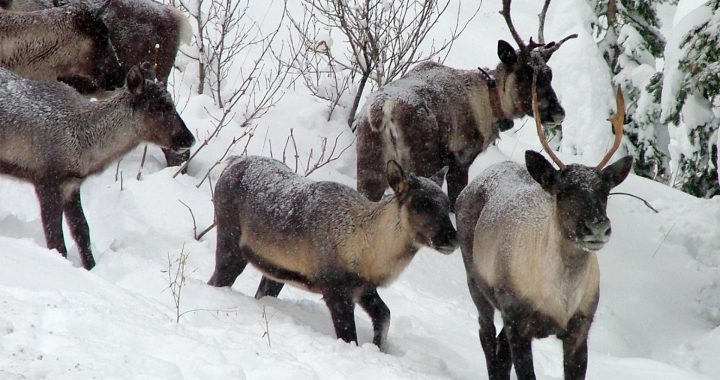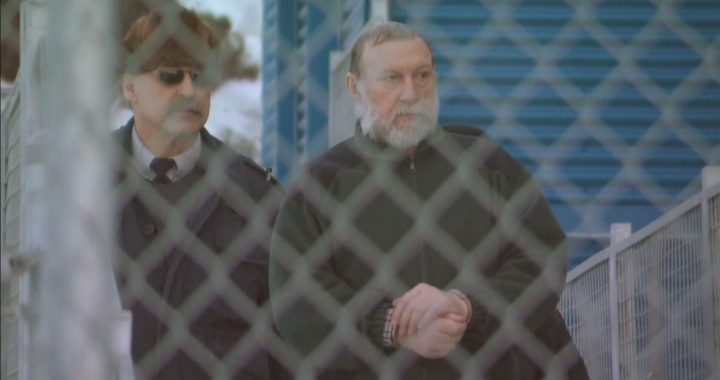By Ossie Michelin
APTN National News
Montreal – The United States government is concerned that Canada does not have the framework required to address the issues of aboriginal land claims, according to a U.S. diplomatic cables released by whistle-blower website WikiLeaks.
The cable, originating from the U.S. embassy in Ottawa says that “as long as Canada lacks a clear definition of aboriginal rights or a uniform model for negotiations, effective mechanisms to resolve aboriginal grievances in a timely manner will remain elusive.”
The cable dated August 21, 2009 criticizes Canada for lacking “a standard model for resolving comprehensive land claims, self-government agreements, and the absence of a clear legal definitions of what constitutes an aboriginal right.”
This in turn causes a backlog of long complicated negotiations and “friction between aboriginal communities and the federal and provincial governments.”
The cable, addressed to the US Secretary of State, and titled Aboriginal Land Claims Defy Timely Resolution, was sparked by a 2009 dispute between the Mohawk community of Akwesasne and Canadian border guards.
Community members of Akwesasne were concerned over armed Canada Border Service Agency guards stationed at Canadian customs, which was at the time based within the reserve. The dispute at Akwesasne left many questions of jurisdiction unanswered on both sides of the border.
The border crossing was moved across the St Lawrence River from Akwesasne, located on Cornwall Island, to Cornwall, Ont.
The cable said that the situation in Akwesasne “highlights again the complexity, lack of clarity, and evolving nature of relations between the federal and provincial governments and Canada’s aboriginal populations.”
The cable blames Federal, Provincial, and Aboriginal governments for being unable to negotiate “a clearer definition of “aboriginal right” to add to the Constitution.”
Even when provinces try to enter into a “New Relationship” with aboriginal peoples to define a series of rights it does not go far, such as the BC government’s 2005 attempt at the “Recognition and Reconciliation Act” which failed to launch.
Indian and Northern Affairs Canada is mentioned as the federal government’s key negotiator with aboriginal groups, according to the cable its negotiations are still not enough. The cable states that, “even for completed treaties and agreements, litigation may still occur.”
Such was the case in 2003 when a group of First Nations dissatisfied with their respective treaties formed the Land Claims Agreement coalition. The cable thinly criticizes the federal government for regarding, completed land claims, treaties, and self-government agreements as, ” the discharge of its obligations.” However, it states that, “members of the Land Claims Agreements Coalition have underscored that they see such agreements as not an end, but the beginning of new relationships, with ongoing federal obligations.”
The cable said that negotiations between the Federal Government and Aboriginals were considered slow and ineffective and that the real “game-changers” in negotiations were in court rulings.
“Canadian courts have been the primary drivers of federal and provincial efforts to resolve aboriginal grievances, both in imposing new obligations and in encouraging negotiations to preempt litigation,” the cable said.
The autonomy aboriginals are seeking, according to the cable, is not one of sovereignty but self-government.
“The ‘inherent’ right of self-government does not grant a right of sovereignty in the sense of international law, and does not create sovereign independent aboriginal nation states. Rather, federal guidelines underscore that First Nations exercise only self-government under the Constitution,” the cable said.
The cable goes on to explain that while under self-government aboriginal peoples can regulate “issues that are integral to distinct aboriginal culture. However in instances where aboriginal self-government comes into conflict with provincial and federal law makers, the primary authority remains with Canadian governments.”










